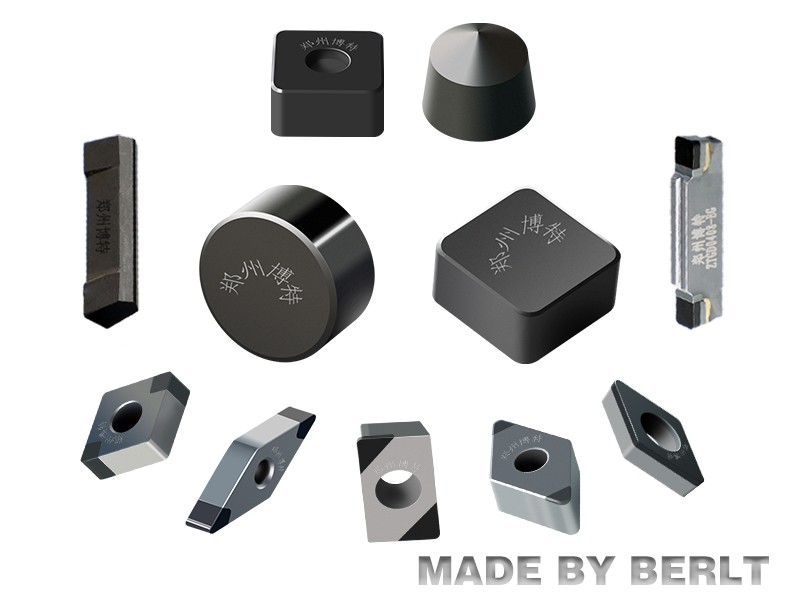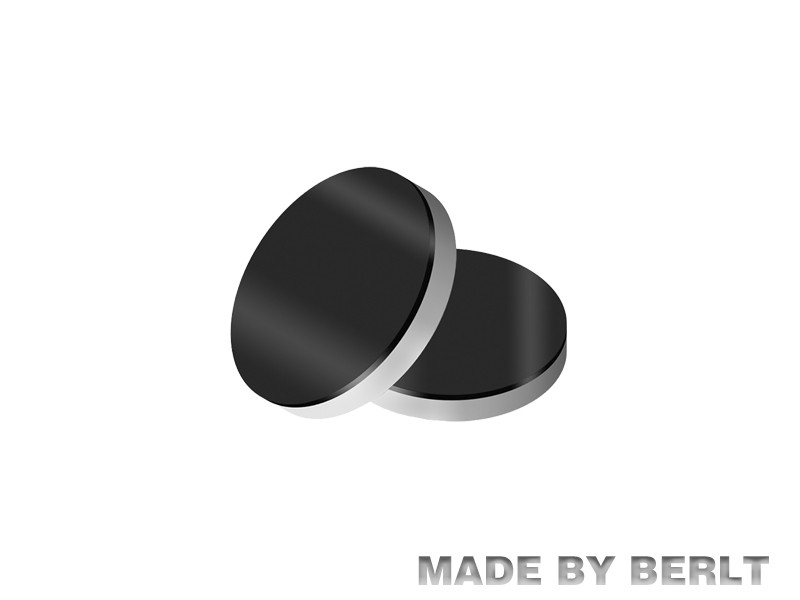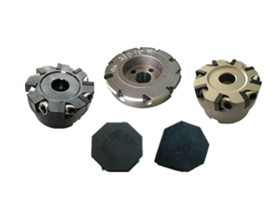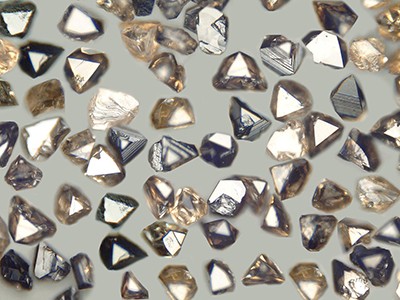Cubic boron nitride (CBN), known for its superhardness of 9.7 on the Mohs hardness scale, second only to diamond, has an atomic structure similar to the arrangement of carbon atoms in diamond, which gives it high density and excellent hardness. Although the same as superhard materials, CBN research and application progress compared to diamond is lagging behind, which constitutes a development bottleneck in the fields of precision machining, third-generation semiconductors and spectral devices. Therefore, advancing the production technology of large-grained CBN single crystals has become the key to breakthrough.

CBN has been described as the “tooth of industry” because of its importance in industrial applications. It not only possesses thermal and chemical stability beyond that of diamond, but also exhibits excellent high-temperature red hardness and oxidation resistance, and can remain inert with ferrous elements at temperatures up to 1300°C, making it particularly suitable for processing ferrous metals such as hardened steel. In addition, CBN's excellent thermal conductivity, wide energy band gap (more than 6.2eV) and low dielectric constant make it a new type of semiconductor material in the field of optics and quantum computation, with great application potential.
Currently, industrial batch synthesis of CBN is mainly carried out by the high-temperature and high-pressure method, which utilizes a mixture of hexagonal boron nitride (HBN) and a catalyst to induce the conversion of HBN into CBN single crystals under specific conditions. The introduction of the catalyst significantly reduces the temperature and pressure conditions required for the conversion, and the yield, particle size, color and morphology of CBN can be precisely regulated by adjusting the catalyst type, additives and process parameters. Among them, Li-based catalysts are popular for their ability to produce CBN single crystals with high transparency, low internal defects, high strength and large particle size.
Among the high temperature and high pressure catalyst methods, the crystal seed temperature gradient method is particularly prominent. This technique is carried out by placing small-sized CBN single crystals as seed in a mixture of HBN and catalyst and placed in the low-temperature region of the synthesis chamber. By utilizing the temperature gradient in the chamber, the newly generated CBN migrates to the low-temperature region and grows by deposition on the surface of the seed, resulting in the synthesis of large-sized single crystals. Although this method can produce CBN single crystals of high quality and large size, it also faces the challenges of long synthesis period, limited yield and harsh conditions.
Our researchers have made some achievements in the crystal seed-temperature gradient method, successfully synthesized coarse-grained CBN single crystals, and have continued to explore and optimize the preparation technology of large-grained single crystals in subsequent studies. Studies have shown that synthesis pressure, temperature, time and catalyst are the key factors affecting the particle size of CBN single crystals. It is worth noting that the pursuit of higher synthesis pressure and temperature does not always lead to better results. Experimental data show that with the increase of synthesis time, although the particle size increases, the magnitude is limited, while the yield increases significantly. The selection and combination of catalysts is equally complex, and multiple or even multicatalyst systems have been developed to obtain large-grained, high-quality CBN single crystals.
Despite the rapid development of China's CBN industry, becoming a major production capacity, but in the high-grade large particle single crystal preparation technology is still a gap with the international advanced level. Currently the largest production size of only 300μm level, far from reaching the millimeter standard, it is difficult to meet the high requirements of semiconductor and optical devices, limiting the expansion of CBN applications in more fields. Therefore, it is imperative to accelerate the pace of research and development of CBN production and preparation technology.

Looking ahead, the research and application of large particles of CBN single crystal has broad prospects, while abrasive grade CBN single crystal also continues to play an important role in grinding and other fields. As a high-tech enterprise focusing on the research, development, production and sales of CBN single crystals, BN(CHINA) Technology offers a full range of grain sizes including DL-8500 gloss black and DL-7800 amber, and invites all sectors of the community to cooperate and explore the infinite possibilities of CBN.




